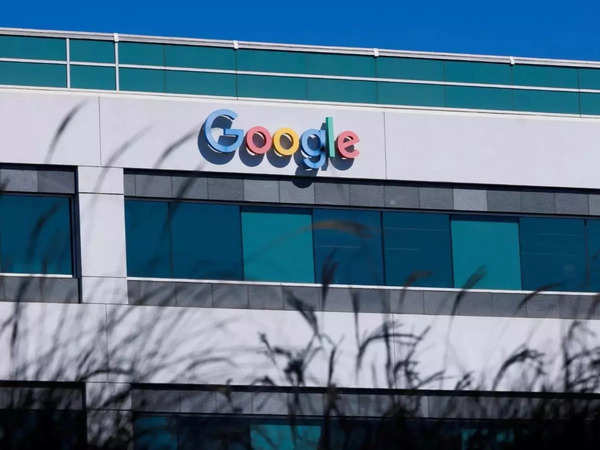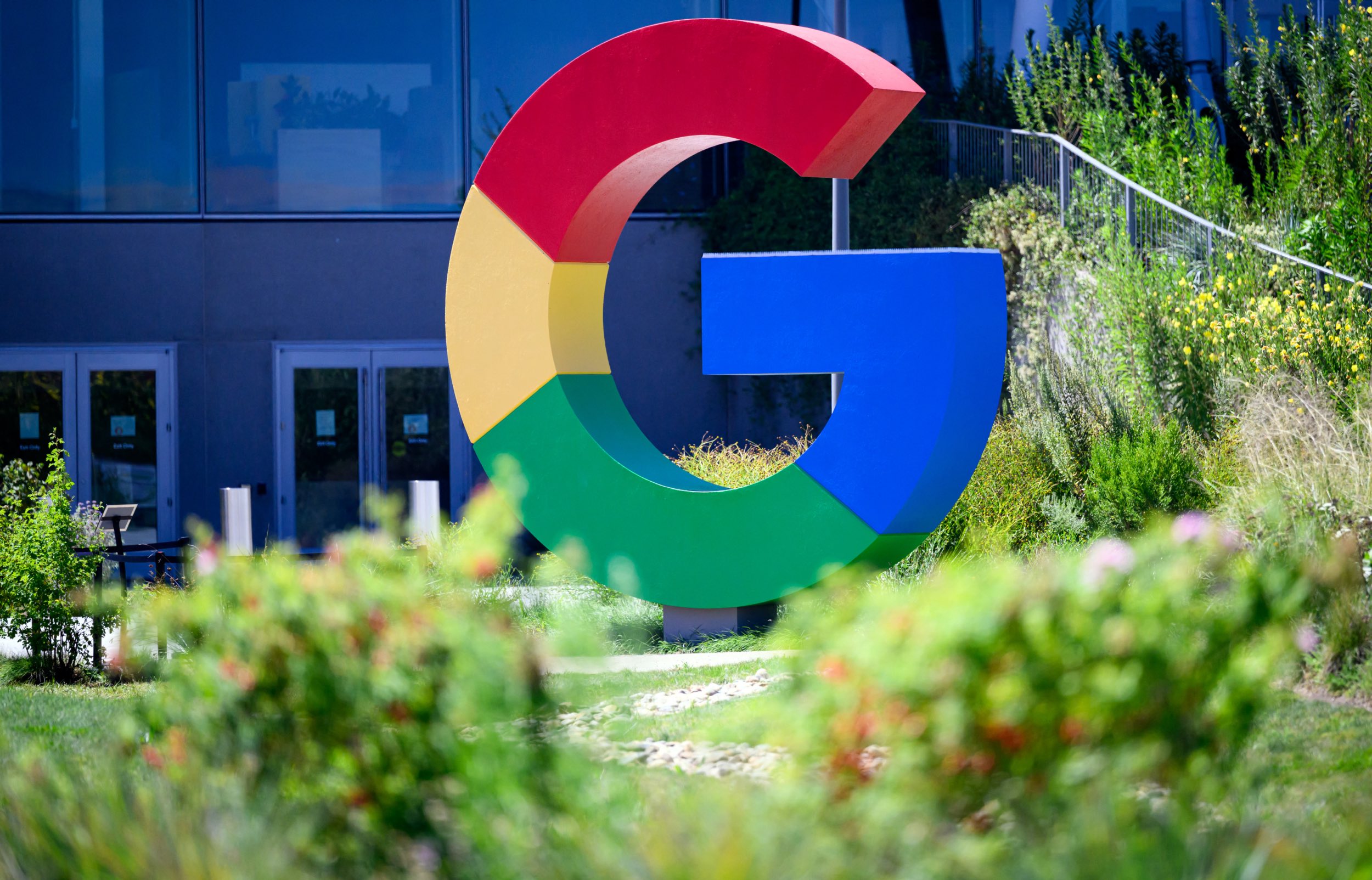Google recently negotiated a $110 million agreement to support California's journalism industry, but with a condition: taxpayers would need to contribute an additional $70 million. This collaboration emerged after State Assemblywoman Buffy Wicks, an Oakland Democrat, reached out to Governor Gavin Newsom’s office to discuss state support, despite California’s budget deficit. Wicks, Google, and Newsom agreed to a handshake deal in late August, with a written framework developed in subsequent weeks.
Google’s Strategic Approach to Set Precedent
The tech giant reportedly insisted on taxpayer funding as part of the deal, aiming to set a precedent for potential negotiations with other states. Talks included discussions around appointing an administrator for the journalism fund, with the University of California, Berkeley initially named, though USC has since been considered.
Shift from Legislative Action to Closed Negotiations
This agreement came after Wicks abandoned legislative efforts to impose mandatory fees on Big Tech for news content, which would have allocated most profits to California news outlets. Instead, a more contained negotiation with Google took place, avoiding a costlier legislative path that could set a national precedent.
Mixed Reactions from Industry Stakeholders
While some in California's news industry welcomed the funds, others criticized the missed opportunity to secure more robust financial support. "This framework is just the beginning," said Wicks, expressing hope for future efforts to strengthen journalism in the state.
A Model for Public-Private Partnerships in Journalism?
The agreement positions Google’s contribution as a significant investment but also sparks debate. Critics argue that stronger legislative oversight may better serve public interest, particularly as AI technology changes the media landscape.



























0 Comments